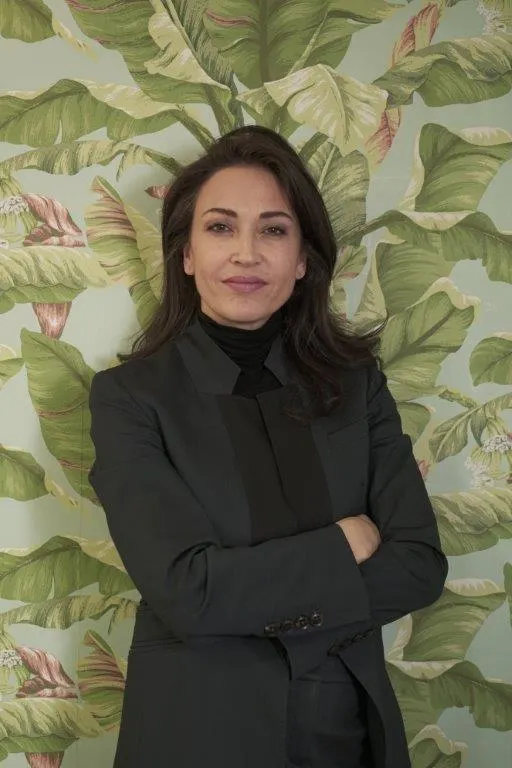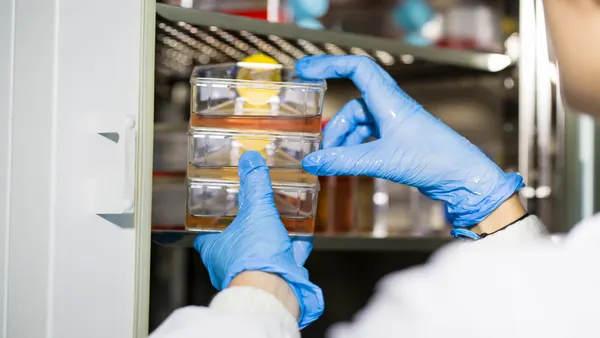Genespire, an Italy-based biotechnology startup making “off-the-shelf” gene therapies treatment for rare pediatric genetic conditions, has raised €46.6 million euros, or about $52 million, in a Series B round announced Wednesday.
The capital infusion will help Genespire advance a method of delivering lentiviral gene therapies in a more convenient way. Typically, lentiviruses — viral carriers of genetic cargo — are used in a complex process in which cells are extracted from a patient, precisely modified and re-infused. Genespire says it’s created a group of novel lentiviruses designed to be injected directly into a person’s bloodstream instead. These viruses are shielded from the immune system, which could enable them to overcome some of the limitations of other lentivral gene therapies, the company claims.
“We believe our therapies have the potential to be more sustainable than alternative gene therapies, easily scalable and should have much lower dosing requirements," said Karen Aiach-Pignet, Genespire’s CEO, in an email to BioPharma Dive.
Genespire is specifically targeting pediatric conditions, where the long-lasting effects of lentiviral therapies might offer unique advantages over other so-called viral vectors. Its first program, GENE202, is a prospective treatment for methylmalonic acidemia, a rare genetic disorder that prevents the body from being able to break down certain proteins and fats. The disease is typically diagnosed within the first year of a child’s life and can cause seizures, growth problems and developmental delays.
There are no curative therapies available. Moderna has an experimental, messenger RNA-based treatment in early-stage testing. Genespire could soon be joining it, as the financing announced Wednesday will help advance GENE202 into Phase 1/2 trials. Preclinical results presented at a medical meeting in May suggested the therapy has the potential to durably reduce levels of methylmalonic acid, which builds up in people with the disease and causes organ damage.

The company is also researching treatments for inherited metabolic diseases and bleeding disorders, though it hasn’t yet disclosed which ones.
Aiach-Pignet stepped into the leadership role two weeks before the Series B announcement, taking over for former CEO Julia Berretta. Aiach-Pignet previously founded Lysogene, a French biotech that went public in Europe and brought a gene therapy into late stage-testing, but liquidated after that treatment failed a key trial.
The Series B round is one of the largest for an Italian biotech startup, according to Genespire. The financing was co-led by Sofinnova Partners, XGEN Venture and CDP Venture Capital and involved Indaco Venture Partners SGR.
The funding was raised during what’s been a down year for gene and cell therapy investments, as investors have shifted resources to more commercially proven drugmaking methods. Still, there’s been an uptick in gene therapy approvals, which could help change the narrative, according to Aiach-Pignet.
“Although investor sentiment remains cautious, these successes are drawing investors back into this area with a focus on high quality science and next generation approaches,” she said.















